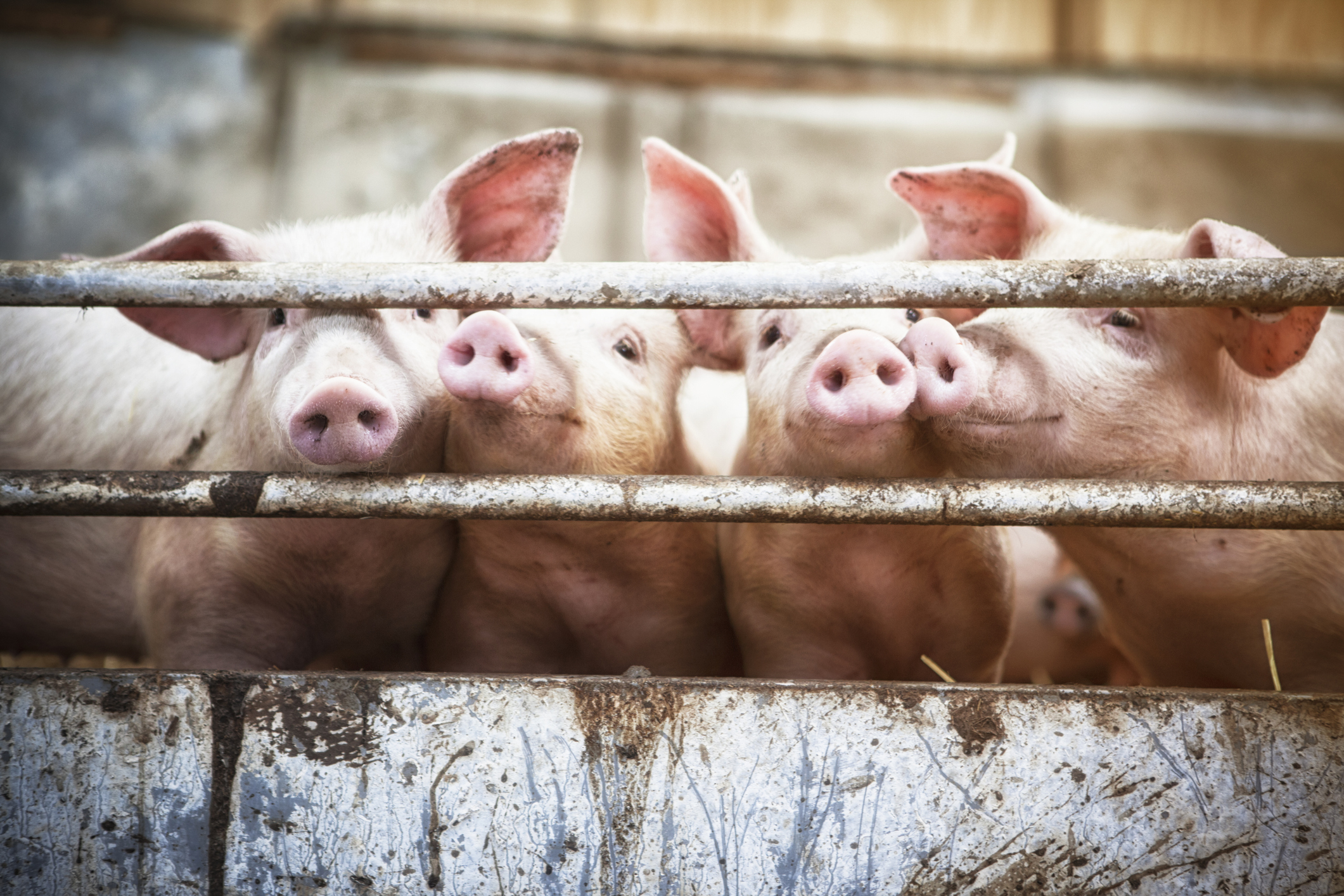The main international agencies dedicated to animal health are working together to support the Dominican Republic and Haiti to establish sanitary measures to stop the spread of African swine fever.
The disease was detected for the first time after 40 years in the Americas, on 29th July when the Dominican Republic notified its first case. Haiti remains free of the disease and has not reported cases yet.
African swine fever is a highly contagious viral disease that affects domestic and wild pigs and has been present since 2007 in more than 50 countries in Africa, Europe and Asia.
Even though ASF is not a risk to human health, its fast spread, its high mortality, and the lack of a vaccine, has a strong socio-economic impact on the people and families that depend on the pork industry. ASF not only impacts the livelihoods of small and large-scale pig producers and many other actors involved in the supply chain, but also threatens food security worldwide.
The introduction of ASF in America is a big challenge for which we have been preparing for several years. The collaboration and intersectoral work are the best tools we count with to prevent the spread of this disease.
Immediate Actions
All the actions carried out in the region by international organizations, have been coordinated under The Global Framework for the Progressive Control of Transboundary Animal Diseases (GF-TADs), a joint initiative of the World Organisation for Animal Health (OIE) and the Food and Agriculture Organization of the United Nations (FAO). The objective of this coordinated approach is to avoid duplicating activities and to make a better use of the available resources.
On first place, the Standing Group of Experts on ASF of the GF-TADs created an Emergency Management Regional Team, integrated by the OIE, FAO, the Inter-American Institute for Cooperation on Agriculture (IICA), the International Regional Organization for Agricultural Health (OIRSA), the Caribbean Animal Health Network (CaribVET), the Caribbean Agricultural Health and Food Safety Agency (CAHFSA), the Permanent Veterinary Committee of the Southern cone (CVP), United States, Canada, México and Dr. Christopher Oura from the University of the West Indies. This committee is responsible for coordinating and monitoring all the activities during the emergency.
Furthermore, the OIE, FAO, IICA and OIRSA organized an expert mission to the Dominican Republic, to conduct an analysis of the situation, to find out their technical requirements and to make some preliminary recommendations. The report of this mission will be handed in to the authorities of the country in the upcoming days.
This group of experts has travelled now to Haiti (where cases have not been detected yet) to follow up on this mission and to have a clearer understanding of the zoosanitary emergency under the “One island” approach.
The international organizations under IICA’s coordination, are currently organizing virtual trainings for the veterinary services and the producers in the Americas region. These trainings will focus on surveillance, early diagnosis, and the response capacity to African swine fever.
Finally, the communication teams of these organizations are working together to create unified messages, in order to raise awareness about the disease and prevent the spread of ASF to other countries in America.
